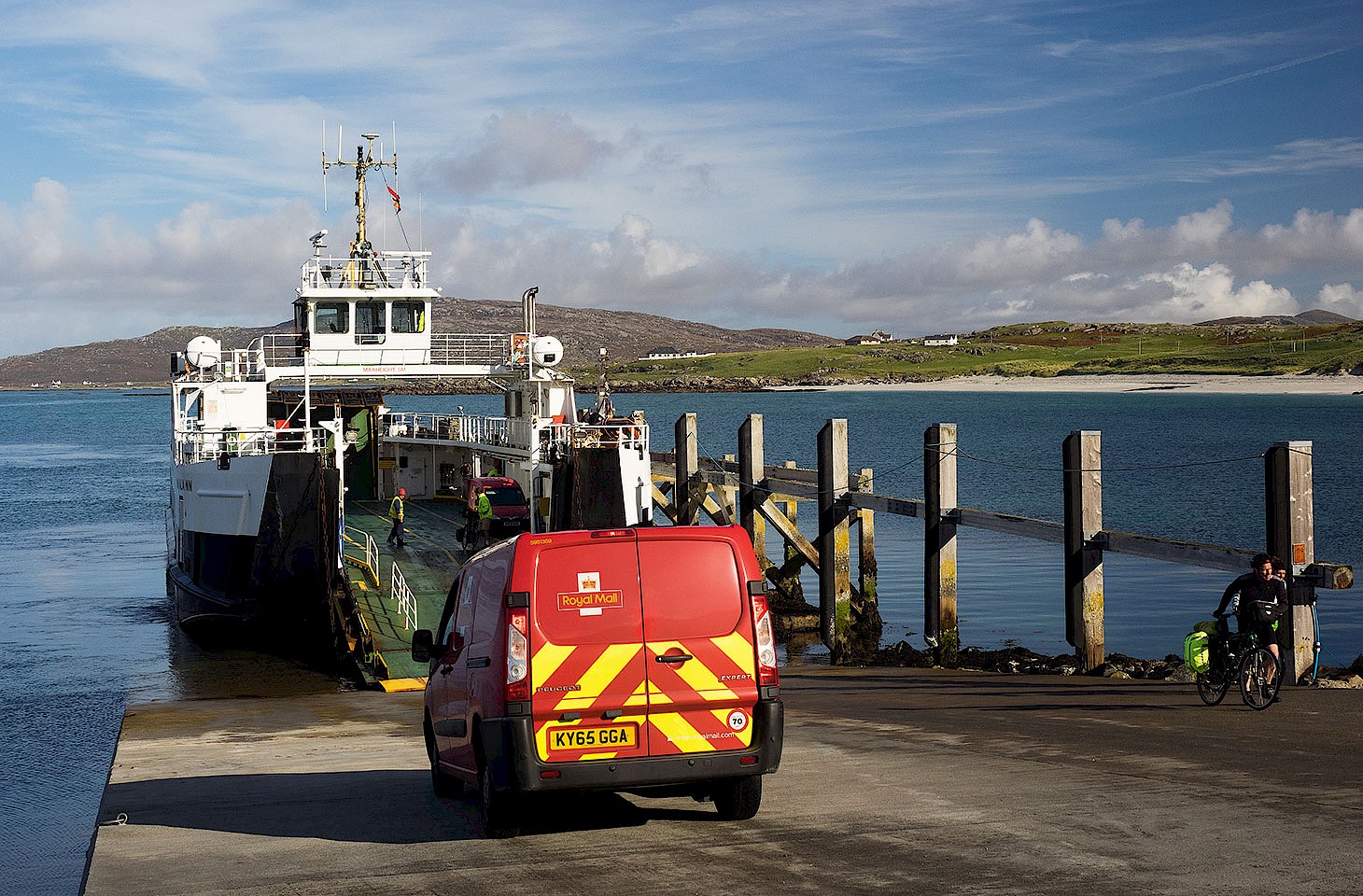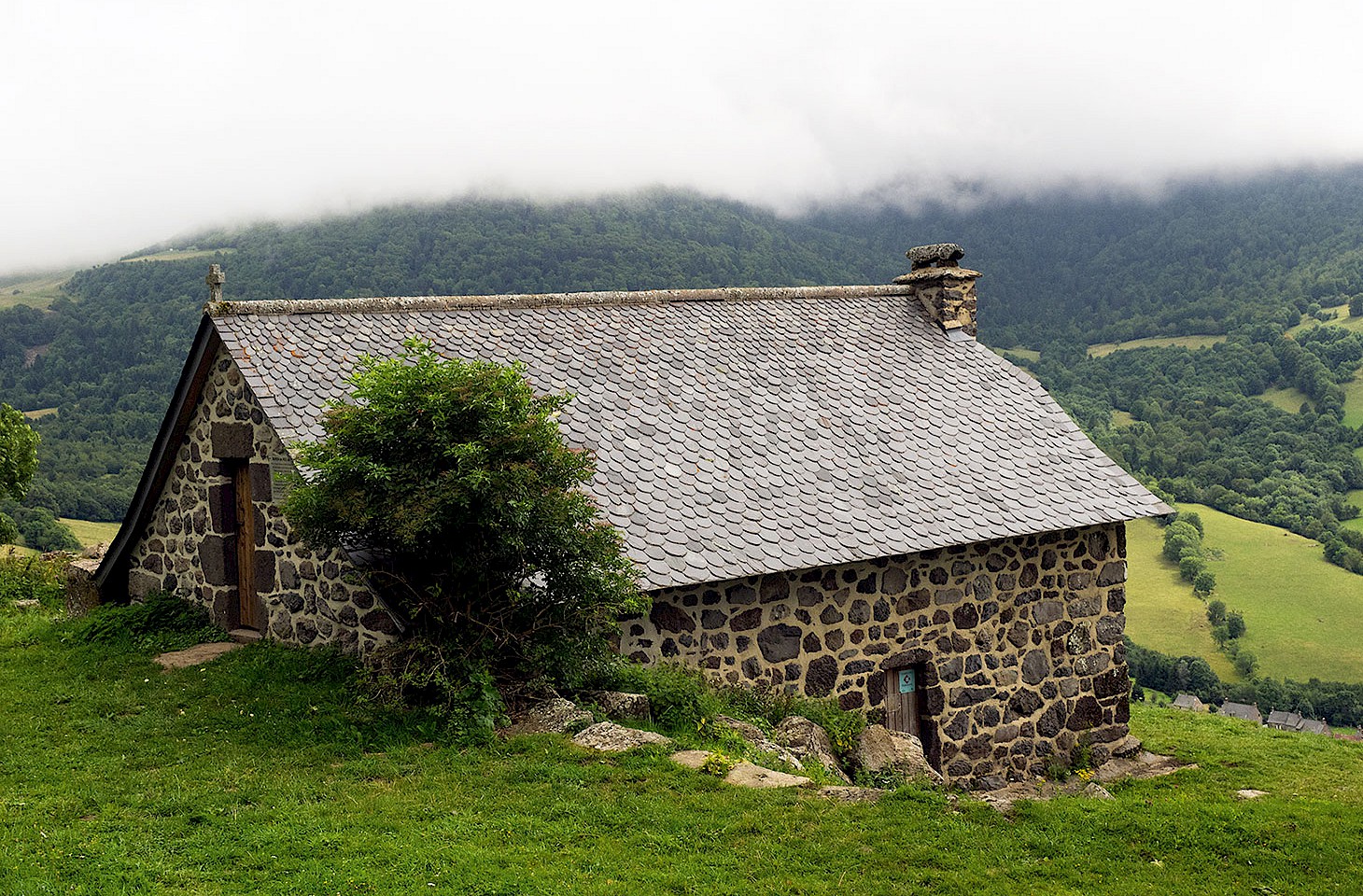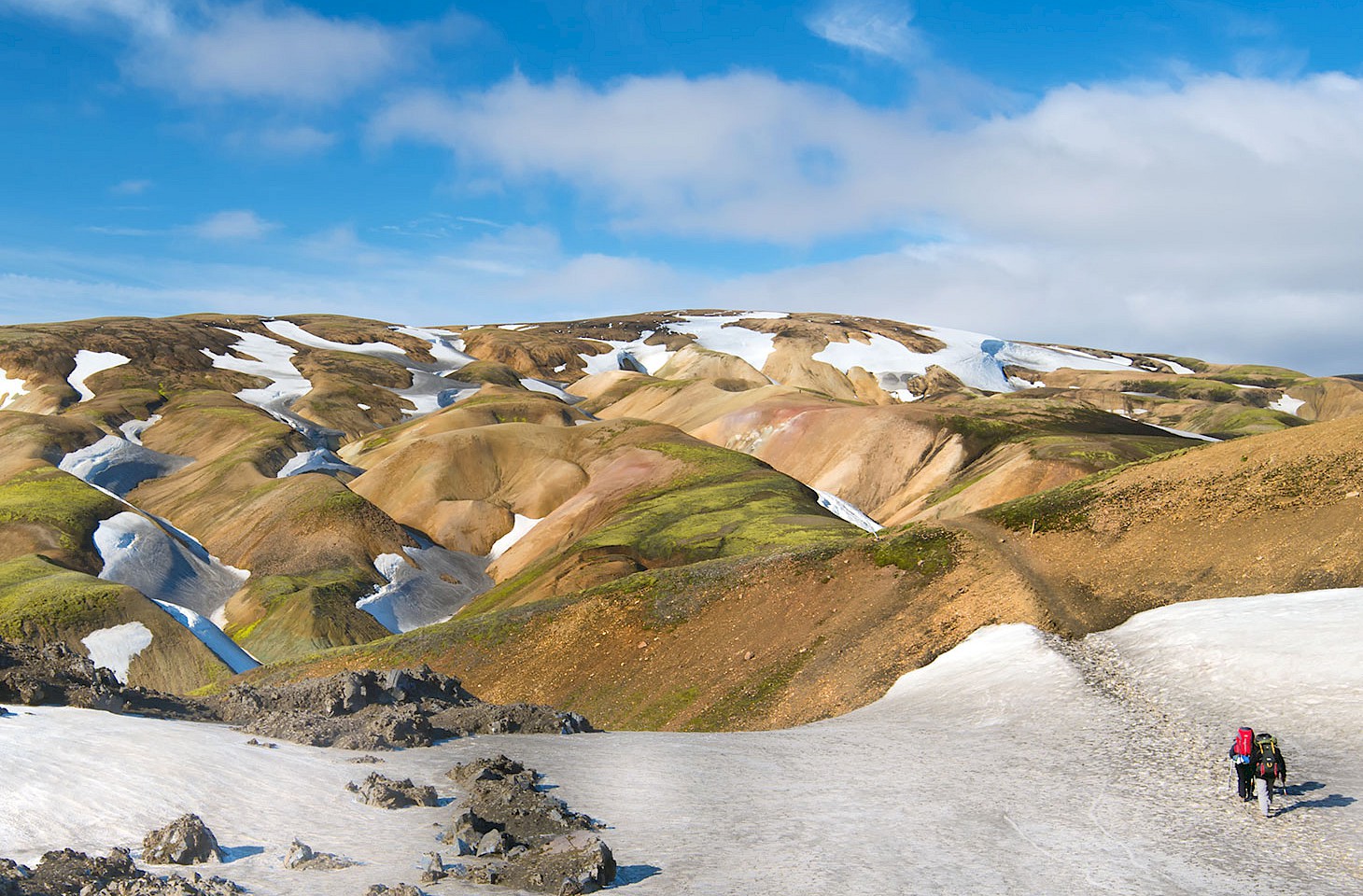Dear fellow travellers
All eyes are on Turkey this afternoon as its citizens, from the Sea of Marmara to the hills of eastern Anatolia, react to the news from Luxembourg that Turkey and the EU are at least going to start discussions about the possibility of Turkey joining the Union at some distant point in the future. Whatever the outcome of the politicians' discussions, even the mere prospect of closer links with the EU has done much to improve matters for travellers.
Witness the new ultra-smart Filia-Dostluk (Friendship) Express, which since July this year has run each night between Thessaloníki and Istanbul, cutting down the overnight journey time to just under twelve hours, hugely better than any other connections in recent years. The service uses modern air conditioned sleeping cars with one way fares at just €48 in a shared (ie. two berth) sleeper, and €85 in a single sleeper. Sadly, the service doesn't offer any guarantee of an uninterrupted night's sleep, for Turkish customs still usually insist that passengers detrain for border formalities at Uzunköprü. But it's still a step up from the days when travelling between the two neighbouring states was full of hassles.
As Europe ponders Turkey's future, elsewhere across our continent others are called to their own reflections. Germany today marks the fifteenth anniversary of the unification of East and West, and across Europe Jews and Muslims prepare for Rosh Hashanah (the Jewish New Year) and Ramadan respectively. For an insight into one celebration of Rosh Hashanah, look back at hidden europe 4 and our article on Hasidim at Uman' in Ukraine.
black vultures in Thrace
Of course there are many reasons not to speed overnight from Macedonia to Asia Minor. For Thrace is one of Greece's least explored regions. It may have none of the cachet of the Peloponnese or the Aegean islands, but Thrace simply deserves to be better known. Travellers heading through Thrace to Bulgaria or Turkey all too rarely leave the main highways, but for those few that do, the rewards are great. Here, in the folded ridges above the plain of Évros is the village of Dadiá, a place that even just two decades ago depended largely on sheep for a living. The shepherds would wander the hills with their flocks, their routes guided by the changing seasons, and the hills are scattered with circular sheep folds.
Nowadays Dadiá has a more valuable resource in the local economy: the great black vultures that live in forests and swoop over the ruins of the nearby Byzantine castle on the hill at Gibrena. A few years back, this remarkable colony of birds looked as though it may disappear, but careful management and controlled access now means that the future of the black vultures of Thrace looks assured. Meanwhile, the people of Dadiá have not been slow to pick up on a possible windfall from eco-tourism. Carcasses are left out to ensure that the vultures are tempted down to the outskirts of the village, and a newly completed hostel provides cheap and comfortable accommodation for bird watchers and others alike.
Search hidden europe
Ever wondered if you missed an article in hidden europe magazine or in one of our previous e-newsletters? Why not take a look at the new search facility on our website? There you can type in the name of a place, region, country or topic and see whether it is something we have covered.




